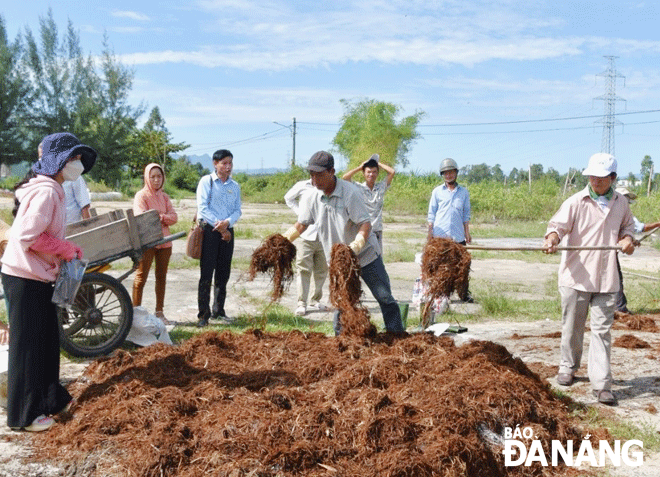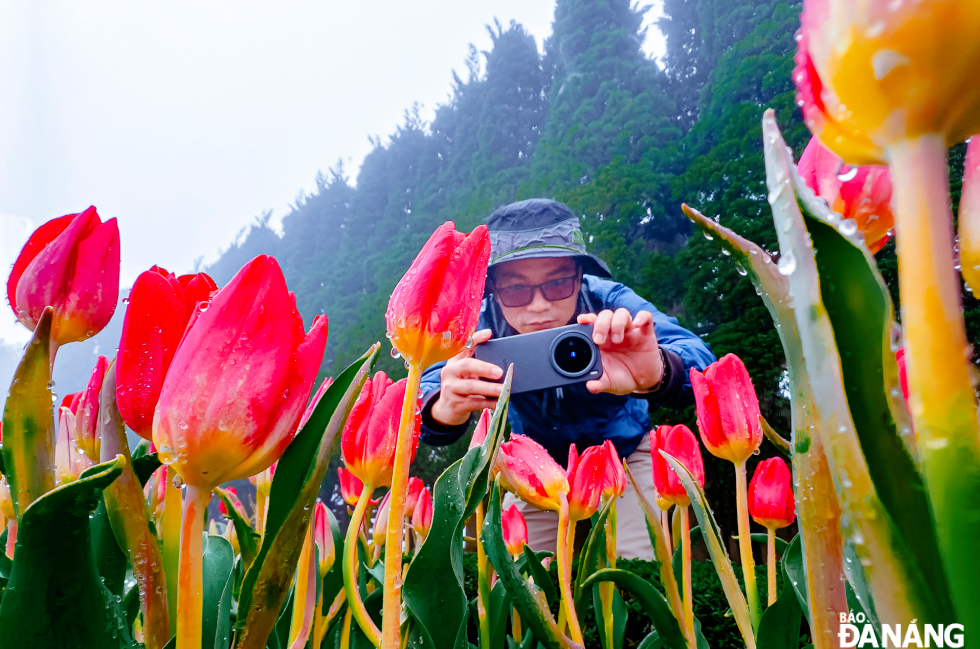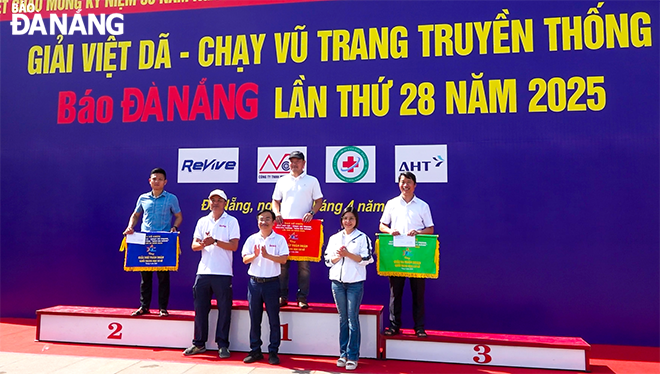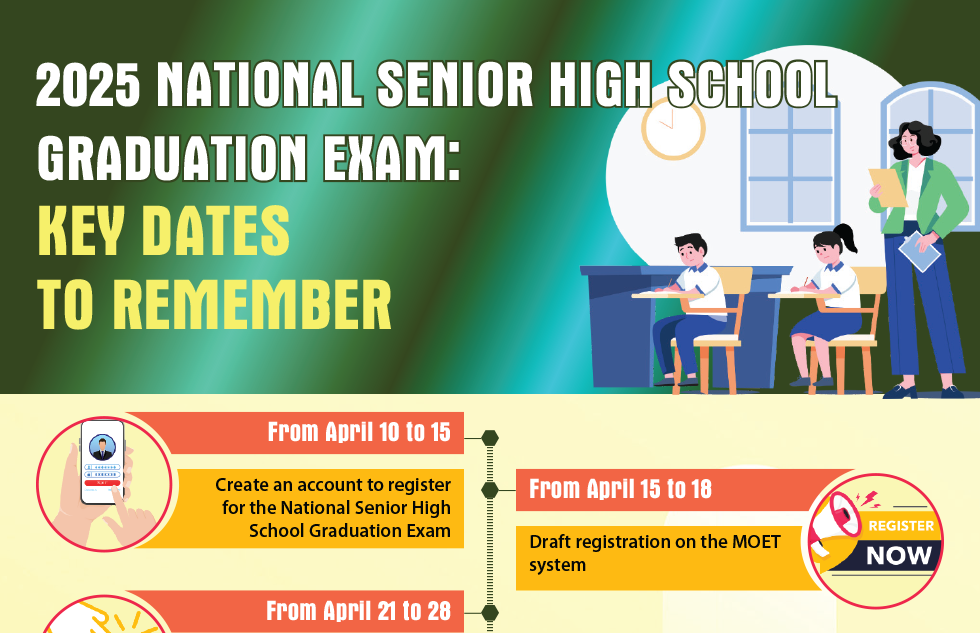Circular agriculture model promoted in Da Nang for sustainable rural development
The circular economy model is being applied in Da Nang’s agriculture, which is considered as a practical development direction. This brings economic, environmental and social values and plays an important role in building a sustainable agriculture.
 |
| Circular agricultural economy is one of the solutions for promoting the sustainable agricultural development. IN THE PHOTO: The municipal Farmers' Union is instructing farmers in Hoa Tien Commune, Hoa Vang District to compost rice straw to make organic fertiliser. Photo: VAN HOANG |
Taking advantage of waste resources
Da Nang is one of the 15 localities that have been selected by the Central Committee of the Viet Nam Farmers' Union (VNFU) for implementing the project ‘mobilising farmers to treat waste in Viet Nam, thereby contributing to int'l efforts in reducing carbon emissions’ funded by the Organisation for Advocating for Regional Solutions for Community and Ecosystem.
Since late 2022, the municipal Farmers' Union has guided its members to pilot the fermenting of plant by-products as animal feed and the composting of organic fertilizer from rice straw in the field.
According to Pham Thi Cuc Thuy, Vice President of the chapter of the municipal Farmers' Union in Hoa Tien Commune, these are simple technical measures that help farmers easily access when handling sources of waste products on the spot.
In previous years, the burning of the excess amount of straw after each rice harvest in the paddy field polluted the environment and affected the field ecology. Therefore, most of farmers show their agreement at piloting rice straw treatment techniques.
“These techniques are very practical with the agricultural production situation in Da Nang. Composting rice straw as organic fertiliser and storing food for livestock not only saves production costs, limits environmental pollution, abuses pesticides, but also contributes to develop a clean, safe and circular agriculture” Mrs. Thuy said.
In Cam Le District, in mid-February-2023, the district-level chapter of the municipal Farmers' Union held the ground-breaking ceremony for a circular agricultural economic model at the Hoa Tho Tay Technology Mushroom Cooperative. This is one of typical units in the district to promote the sustainable production, and reduce the amount of waste to the environment.
Mr. Dao Huy Tung, Director of the Cooperative, said that since 2017, he has started growing mushrooms according to the traditional production process. However, he realised that the process led to an increase in the amount of waste products discharged into the environment every year, so he has conducted research on microbiological technology, aiming towards high technology in a closed and recycling process.
Mr. Tung stressed the necessity to boost the application of science and technology in the production process and use sources of organic input materials for mushroom cultivation in an effort to ensure the effective and sustainable development of the model. On average, every month, the cooperative has 7-8 tonnes of waste for composting.
“Apart from the hi-tech mushroom cultivation and production, the Cooperative also transfers technology to local farmers. We target to develop multi-fields, as well as provide safe mushrooms and organic fertilisers to serve agricultural production in the city" Mr. Tung said.
Sustainable development solutions
According to Chairwoman of the chapter of the municipal Farmers' Union in Cam Le District Hua Thi Thuy Phuong, although there are many agricultural models in the district that bring high economic efficiency, and improve farmers’ income, there are no models of circular agricultural economy model.
Therefore, the district chapter of the Farmers' Union has supported the development of such a model in the Hoa Tho Tay Mushroom Cooperative.
With the initial success in the production of organic fertiliser from the Cooperative’s mushroom by-products, it is expected that from now to October 23, the model will process and supply about 20 tonnes of organic fertiliser which will be used to produce vegetables and flowers in the district.
“This is a very effective model for urban agricultural production in the district, and the city as a whole. The model helps to increase production value, save input costs, and protect the environment. The district chapter of the municipal Farmers' Union will continue to expand the circular agricultural economy model to farmers in the locality” Mrs. Phuong noted.
Mr. Nguyen Kim Dung, Standing Vice Chairman of the municipal Farmers' Union, said that in the context of high prices of agricultural inputs and animal feeds, circular agriculture is a reasonable solution to reduce input costs, and improve economic efficiency for producers.
Currently, circular agricultural models are being implemented effectively by local farmers, hereby helping to bring high economic value.
Reporting by VAN HOANG - Translating by M.DUNG








